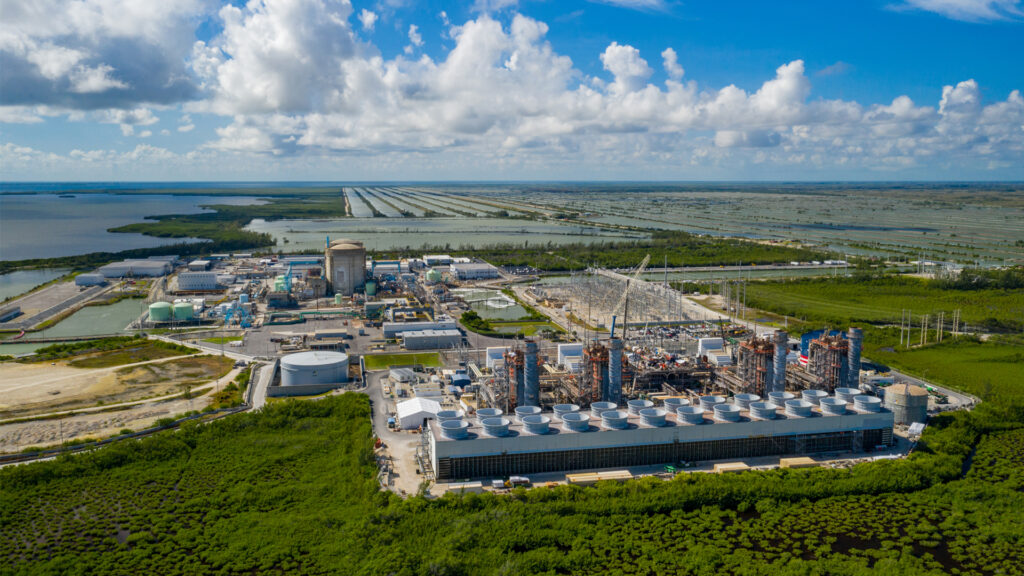A roundup of news items related to climate change and other environmental issues in Florida:
Is nuclear power fizzling out in Florida? Not so fast… why it still has plenty of juice | Naples Daily News

In the ’70s, Florida had three nuclear power plants. Today, Florida is down to two.
Those two, in St. Lucie at Jensen Beach and Turkey Point in Homestead, are producing energy through four reactors. The third plant is being decommissioned, a process that has already stretched 15 years.
But don’t count nuclear out in Florida or the rest of the country. Florida Power & Light (FPL), which is the largest U.S. electric utility by residential customers, owns the two operational nuclear plants and has applied to continue their licenses for nearly 30 more years.
Most rental units at risk of severe climate-related threats located in California, Florida, study says | KTLA
About 18.2 million occupied rental units in the United States, or more than 41%, are located in areas exposed to severe climate-related threats, according to a new study from Harvard.
California has the most rental units at risk from severe climate-related threats, like hurricanes, wildfires, floods, earthquakes and more, followed by Florida.
About 4.6 million units, or 77% of California’s rental stock, is at risk of damage or destruction due to severe climate threats. Nearly 2.4 million rentals, or 89% of the rental units in Florida, are at risk, according to the report.
Gov. DeSantis blames electric vehicles for insurance rate spikes | Florida Politics
As Floridians continue to struggle with high insurance costs, Gov. Ron DeSantis says people people steering away from gasoline engines is partly to blame.
The governor said electric vehicles contributed to an over 20% year over year hike in car policy costs, by way of commenting on the just released Consumer Price Index report.
“You look at things like auto insurance. Yes, we have had major supply problems over many years for autos that impacts the ability to repair. But then I think these EVs are a lot more expensive to repair and I think that impacts those rates as well,” DeSantis said.
If you have any news items of note that you think we should include in our next roundup, please email The Invading Sea Editor Nathan Crabbe at ncrabbe@fau.edu. Sign up for The Invading Sea newsletter by visiting here.



